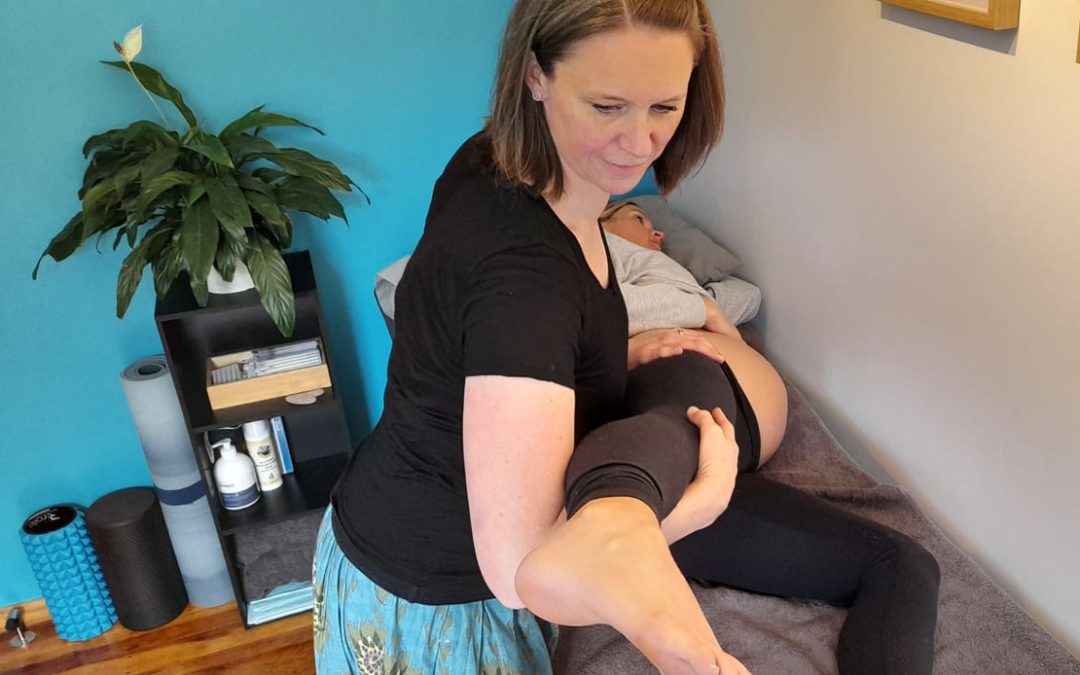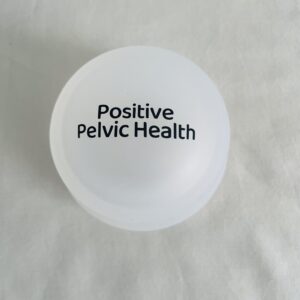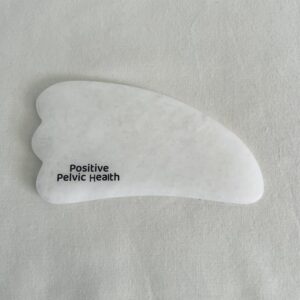The short answer is yes! Every pregnancy is different for every woman. Whether it is your first pregnancy or your fifth, your body is going through significant changes (particularly in the pelvic region). It is invaluable to have a head-to-toe assessment at Positive Pelvic Health, to explore what you are feeling physically (and emotionally) around your pregnancy and the upcoming birth.
Although it is important to involve pelvic floor function in an assessment, the main focus is to enable women to learn how to connect with these muscles. In pregnancy, a lot of women focus solely on doing their pelvic floor exercises (and think this is going to be the extent of my recommendations). It is very common for women to simply squeeze their pelvic floor muscles, without thinking or even considering whether they can relax them afterwards. By understanding how to move the pelvic floor muscles through their full range of movement (which includes contracting and fully relaxing), women can feel more comfortable during pregnancy and prepare for the birth of the baby as it descends through the birth canal.
So, what else needs to be considered when thinking about pelvic health in pregnancy? Understanding your bladder, bowel, and vaginal health, alongside exploring your breathing, movement patterns and a pregnancy-safe exercise regime helps to optimise your body throughout the trimesters. This is particularly the case if you are experiencing hip, low back, or general pelvic girdle pain, especially as your bump grows bigger. Being unable to stand, walk or simply turn over in bed due to pain can be incredibly limiting and frustrating. Women often report issues such as incontinence and constipation starting in pregnancy (when they have never had a problem before). It does not need to be this way. Quite often making small changes can make a big difference, so please do not suffer unnecessarily!
It is ideal to have an assessment at Positive Pelvic Health at around 20 weeks and 36 weeks gestation, but please do not hesitate to get in touch at any time. Vaginal examinations can be completed during the second and third trimesters for low-risk pregnancies, to help understand more about pelvic floor function. It is really important for me to stress that if a woman does not feel comfortable having a vaginal examination during pregnancy (or at any other time in her life), other assessment tools can be used to understand how her body is working.
A pregnancy pelvic health assessment at Positive Pelvic Health provides the opportunity to discuss post-natal healing timescales and what can be done in the early weeks after birth to optimise recovery. It is very easy to focus solely on the birth, without thinking of what happens in the days and weeks after your baby arrives. Some women also want to know about when they can return to physical activity in a safe and effective way, so having discussions about their activity level prior to conception, during pregnancy and their goals for the future are beneficial. This means women have a plan for moving forward in the post-natal period in a safe, but empowering way!
So hopefully I have been able to show why a pelvic health physiotherapy assessment has significant benefits in pregnancy, but if in doubt please do not hesitate to get in touch, so you can feel Positive about your Pelvic Health during pregnancy.
Jennifer runs an in-home clinic in Maungaraki, Lower Hutt. She helps women from the Wellington region, including Porirua, Upper Hutt, the Kāpiti Coast and the Wairarapa, with their pelvic health physiotherapy needs, at all stages of life.



